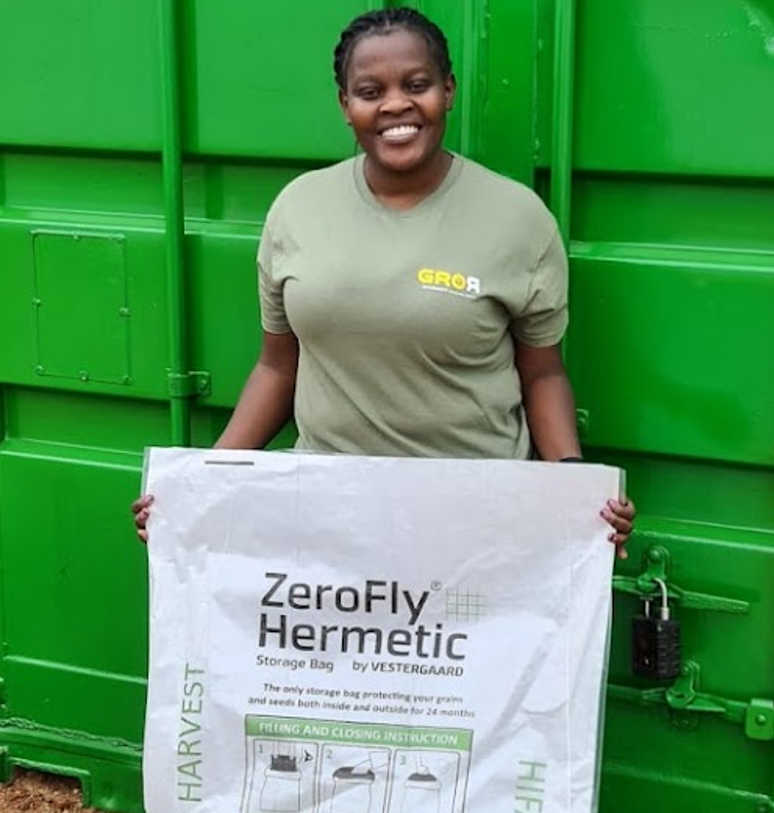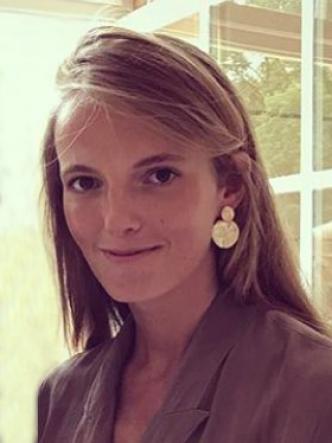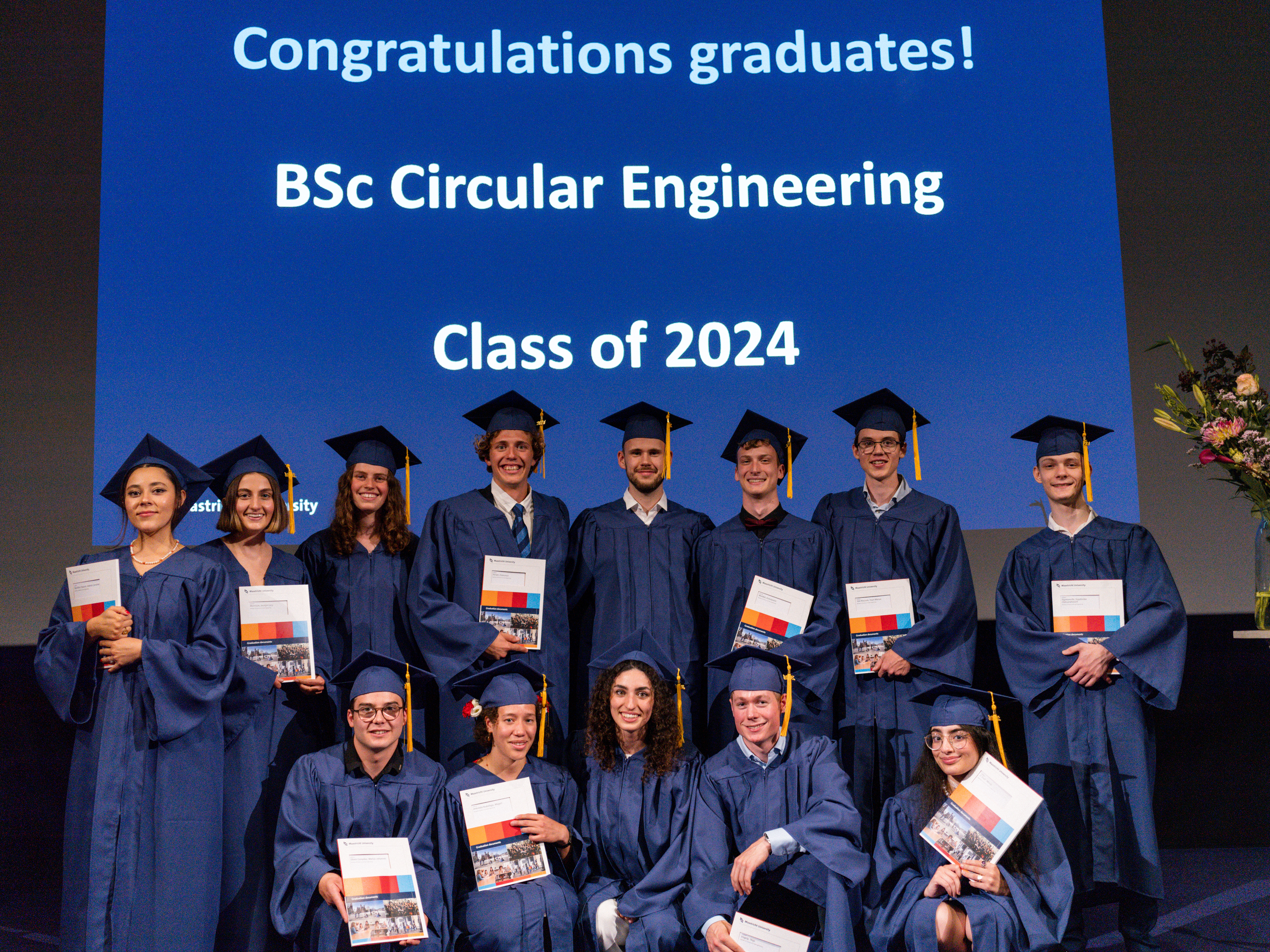GroЯ® trading platform as an example of Fair and Smart Data
This blog is about the GroЯ® trading platform of Vestergaard, a social entrepreneurship company based in Switzerland. Vestergaard is well known for its high-quality mosquito nets distributed to approximately 2 billion people in Africa and Asia. As an FSD team member, I see strong alignment between many elements of Vestergaard’s business model and what the FSD team recognises as ‘Fair and Smart Data’ principles. Therefore, I decided to write this post about their inspiring project.

Vestergaard Technology

Vestergaard is well known for the innovative technology used in its PermaNet® mosquito nets. With their long-lasting insecticidal effect, these nets play a leading role in the fight against malaria. Vestergaard has improved its mosquito nets several times with new coatings to repel and kill even the most resilient mosquitos that have become resistant to the insecticides.
Based on similar technology, Vestergaard recently developed the ZeroFly® Hermetic storage bags that keep harvested crops insect-free. The initial challenge was to show smallholder farmers the long-term benefits of purchasing a ZeroFly® Hermetic storage bag. Their own research showed that most smallholder farmers (especially the poorest segments) need cash right after harvest and have little opportunities to purchase technology added storage tools. To develop a more thorough solution along with other societal benefits, Vestergaard developed the GroЯ® micro warehouse and trading platform. The platform supports smallholder farmers to earn a higher income and contributes to food security in the region. This article further discusses the GroЯ® business model. You can also watch the introduction video on YouTube.
How It Works

GroR® is an agritech business model that combines state of the art post-harvest loss technology with a digital farm production tool and trading platform. It utilizes a unique track & trace functionality, that uses fintech for money transactions and A.I. to disintermediate an age-old supply chain to achieve the twin goals of profitability and improving smallholder farmer income.
GroЯ® increases the net income and decreases the economic risk for smallholder farmers. Each smallholder farmer on the platform enters a dynamic income progression plan supported by high quality inputs supply and a tailored training program in conservation agriculture ensuring their soil health is monitored and optimized for profitable and resilient production.
Smallholders are paid upfront at harvest and their commodities are then stored in the ZeroFly® Hermetic storage bag. These storage bags enable commodities to be stored up to 24 months, much longer than the 3-6 months period with the usual bags. This enables GroЯ® to sell commodities at the highest market price within that period. Local market prices often have high fluctuations; therefore, the entrepreneur makes the decision when to sell to maximise profits as opposed to selling the commodities immediately (due to the need for cash and/or the risk of perishing). Once the commodities are sold, part of this profit is shared back with the smallholders as quality inputs and upskilling-training in conservation agriculture.
Another enabler of this strategy is the GroЯ® platform and application that interacts with smallholders. The platform uses a unique track and trace technology that collects data about the quality of the soil the commodity was grown in and the harvested crop, and all the steps the commodity goes through along the value chain by the means of an NFC tag and a QR code in the bag. In addition, the smallholders receive their payments via mobile money, ensuring a cash-free environment.
GroR® is able to increase a smallholder farmer’s income from USD 200-400 a year up to USD 6.000 a year. The enablers are upskilling-training, supply of quality inputs, land expansion, yield improvements, quality improvements and high priced off taking.

Currently most commodities grown and sold by the GroЯ® trading platform end up in the usual value chains. But Vestergaard has higher ambitions: Commodities that are produced with a fully transparent value chain with environmentally friendly practices can be sold at a premium to consumers in Europe and the US. Therefore it has set up a branded line of commodities, that will be sold in Europe and the US as of 2023. In the future it hopes to collaborate with established brands to make use of the GroЯ® trading platforms and have a fully transparent, ethical and environmentally friendly value chain that truly benefits the smallholder farmer while at the same time remains sustainable via its profitable nature.
Fair and Smart Data Principles, Creating an Alternative Digital ID
In this example of social and humanitarian entrepreneurship, the data from the farmer is used to generate more income transparently. The farmer gives consent for his/her data to be used. Moreover, the GroЯ® platform only uses electronic commodity payments that allows GroR® to build a financial track record of the farmers on the platform. This track record could help the smallholder in the future to obtain competitive loans and further invest in his/her agricultural practices.
Sustainable sustainablility
Finally, Vestergaard proved again with this project that having a profitable business model and tackling poverty, health and environmental issues can go hand in hand. For this project Vestergaard looked at what NGOs and other actors like agricultural researchers in developing countries have done, analysed 400 companies working in agriculture in developing countries and interviewed 700 smallholder farmers in Kenya. In collaboration with multiple stakeholders, Vestergaard built the needed concepts followed by extensive pilots to prove the business model.
A key conclusion is that this project seems financially viable while having tremendous social and environmental benefits. With a self-sustaining business model, resources can be reinvested in the project in a way that it can further expand. For instance, the GroЯ® trading platform is now expanding to include 4.000 smallholder farmers in 7 counties in Kenya producing more than 5.000 ton of high value commodities sold to national and international trading companies.
Reach Out!
What other projects do you know that incorporate principles of ‘Fair and Smart Data’? Reach out to the FSD research team to share your information and insights. Looking forward to have interesting discussions!
Also read
-
Aleksandra Komornicka has received a Veni grant of € 320,000 from NWO for her project ‘The Market Next Door: Western European Multinationals and the Remaking of Central Europe, 1969-1993’.
-
"We are the pioneers in a brand-new field of engineering sciences, not just in Maastricht but globally as well", says Francesco Ferrari about the group of thirteen students, himself included, who in July received the first bachelor's degree in Circular Engineering.
-
Moving orange spots on a yellow background are the first indication that something unusual is taking place in Maastricht's limestone quarry, Sint-Pietersberg. A closer look reveals that these are people clothed in orange vests. They are Maastricht Science Programme students and supervisors.

